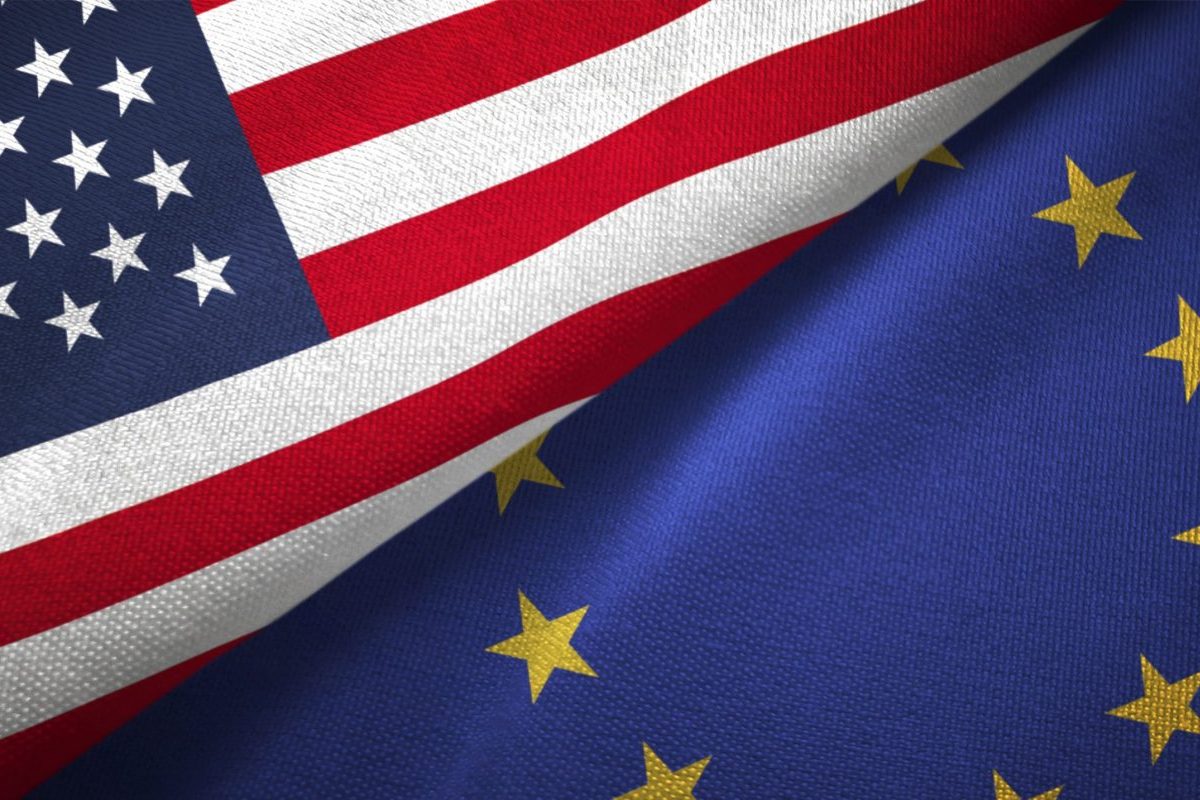In the conflict over US subsidies for electric cars, EU Commission President von der Leyen is counting on cooperation.
On Monday, the EU-US Transatlantic Trade and Technology Council (TTC) convened for its third meeting. While the body, founded in 2021, agreed to cooperate more closely on strategically important semiconductors, there was little movement on what is currently the biggest conflict between the partners: The billions in U.S. subsidies for the domestic green tech industry under the Inflation Reduction Act.
The legislative package provides for tax benefits for purchases of electric cars starting in January, on condition that the vehicles are manufactured in the U.S. and that the materials they contain, such as metals and batteries, are predominantly sourced there. Car manufacturers from the European Union therefore fear massive disadvantages on the American market. EU politicians accuse the USA of protectionism and distortion of competition.
The intention is to settle the dispute, they said after the TTC meeting. According to the final statement, the U.S. recognizes the EU’s concerns and emphasizes its efforts to respond to them constructively. However, the law itself will not be changed – the White House also made this clear. The options are thus limited to implementation and transitional provisions that could make it easier for European manufacturers to adapt to the legal situation, writes the FAZ.
European response to US subsidy program required
It is also still open whether and in what form the EU will respond to the Inflation Reduction Act. Europe would have to strengthen its economy in the face of high energy prices and global challenges, said, for example, the Vice President of the EU Commission, Margrethe Vestager, after the TTC meeting.
EU Commission President Ursula von der Leyen also called for a major industrial policy offensive in a speech on Sunday. She advocated relaxing European state aid law to allow more state investment in the energy transition. However, von der Leyen also advocated closer cooperation with the U.S., for example in setting industrial standards and purchasing raw materials.
Commodity club of Western countries envisaged for a long time
She also proposed the establishment of a “critical raw materials club,” an idea that Western countries have already negotiated on several occasions, writes Der Spiegel (paywall). The rules and benefits of the Inflation Reduction Act would then be expanded to include Europe and other countries such as Japan, the United Kingdom and Australia. The EU Commission hopes that this could at least partially neutralize the trade hurdles from the latest U.S. legislation, especially in battery production. According to von der Leyen, dependence on China’s monopoly in strategic materials such as rare earths could also be overcome through cooperation in the areas of procurement, production and processing.
Photo: iStock/Oleksii Liskonih


